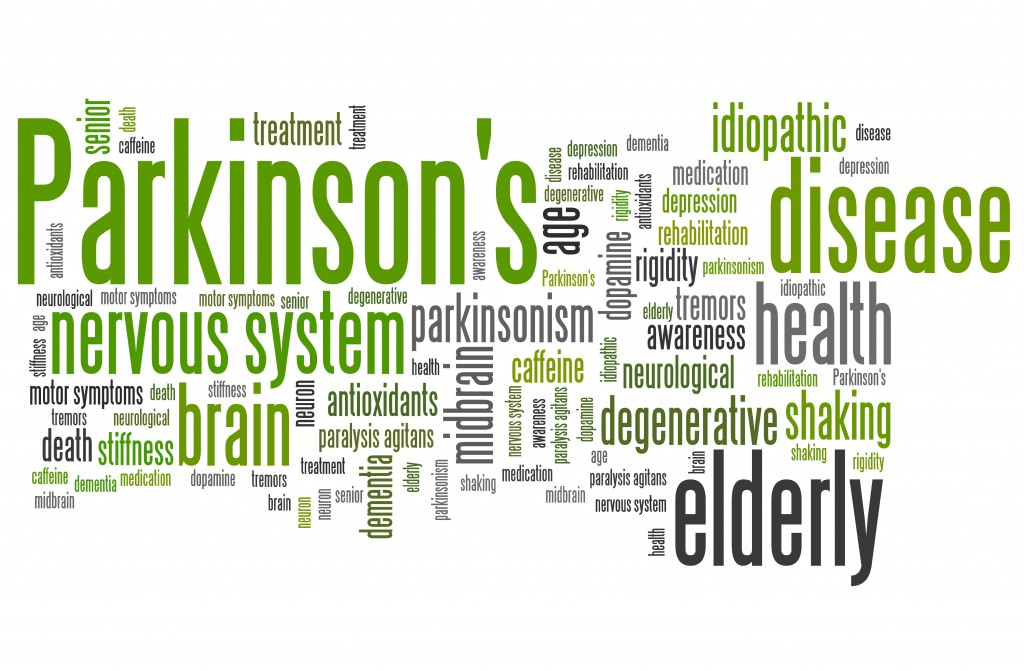We are thrilled to add this new course for 2015:
NICU: Challenges, Pitfalls and Practical Tips for Successful Developmental Intervention
This beginner- intermediate course will focus on creating change in the NICU in developmental care for the bedside clinician. Content will focus on learning about neuroprotection for infants and how to provide care to assist with best possible development for the infant. Emphasis will be on practical strategies to implement change. Areas of change will incorporate the healing environment, positioning, incorporating families, and feeding. There will be an opportunity for groups to develop their own process change.
[caption id="attachment_2625" align="alignleft" width="125"] Lisa Kleinz[/caption]
Lisa Kleinz[/caption]
Taught by a new member of our faculty: Lisa Kleinz, , MA, SLP/L a Speech Pathologist who has worked in level 3 NICUs for over 20 years. She has also served as a Developmental Care Specialist, working with staff and families to create change in the NICU. She has certifications in Newborn Individualized Developmental Care Assessment Program (NIDCAP), Developmental Care Designation (NANN), Infant Massage Instructor, and Lactation Specialist. She is an active member of National Association of Neonatal Therapists, in addition to being a committee Board member.
In 2015:
September 12-13, 2015 – San Antonio, TX
October 2-3, 2015 – Olathe, KS
With further dates being scheduled for 2016.
Please click here for further information, to download a brochure or to register
]]>

